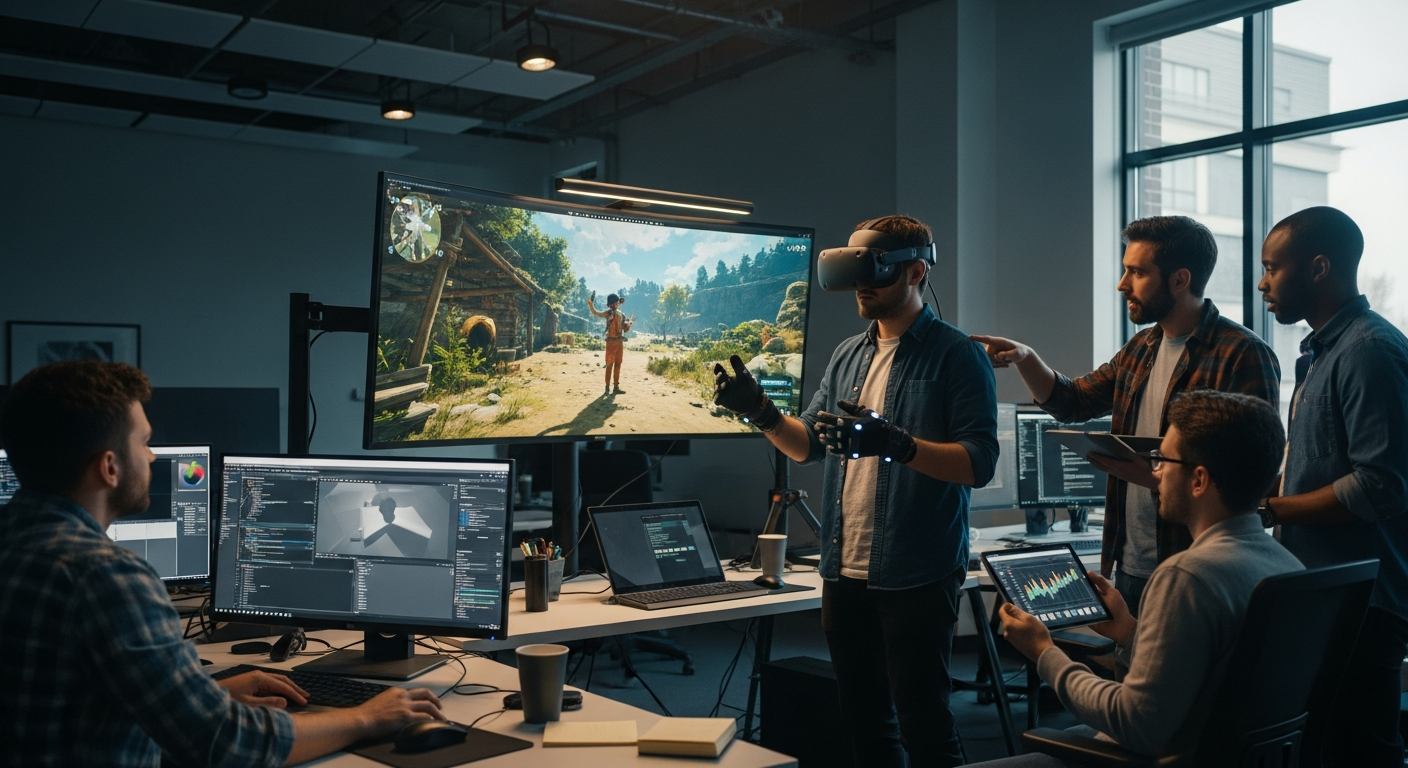Neurodiversity in the Workplace: Redefining Talent and Inclusion
The concept of neurodiversity is reshaping our understanding of human cognition and revolutionizing workplace dynamics. This paradigm shift recognizes and celebrates neurological differences as natural variations in the human brain, challenging traditional notions of 'normal' cognitive functioning. Read below to explore how embracing neurodiversity is transforming corporate culture, fostering innovation, and creating more inclusive work environments.

The Rise of Neurodiversity Awareness
The term neurodiversity was coined in the late 1990s by sociologist Judy Singer, an autism advocate. Since then, it has evolved from a niche concept to a significant factor in discussions about workplace inclusivity and talent acquisition. This shift in perspective challenges the medical model of neurological differences, which often pathologizes variations in cognitive functioning. Instead, the neurodiversity paradigm posits that these differences are natural and valuable aspects of human diversity.
Neurodiversity in the Corporate Landscape
Forward-thinking companies are increasingly recognizing the unique strengths that neurodiverse individuals bring to the table. Many neurodivergent people possess exceptional skills in pattern recognition, memory, and creative problem-solving. For instance, individuals on the autism spectrum often excel in roles requiring attention to detail and systematic thinking, making them valuable assets in fields like software development, data analysis, and quality assurance.
Challenges and Adaptations
Despite the potential benefits, integrating neurodiverse individuals into traditional work environments can present challenges. Many workplaces are designed with neurotypical employees in mind, potentially creating barriers for those with different sensory needs or communication styles. Progressive organizations are addressing these issues by implementing accommodations such as flexible work schedules, quiet spaces, and alternative communication channels.
Case Studies in Successful Integration
Several major corporations have launched neurodiversity hiring initiatives with remarkable results. One prominent tech company reported that their neurodiverse teams were 30% more productive than others. Another multinational firm found that their neurodiversity program not only improved innovation but also boosted employee morale across the board. These success stories are prompting more businesses to explore how they can tap into this often-overlooked talent pool.
The Future of Work: Neurodiversity as the New Normal
As awareness grows and more companies experience the benefits of neurodiversity, we are likely to see a significant shift in workplace culture and design. The future of work may well be one where neurological differences are not just accommodated but actively sought after. This evolution could lead to more dynamic, innovative, and inclusive work environments that better reflect the full spectrum of human cognitive diversity.
Implications for Education and Early Career Development
The neurodiversity movement is also influencing education and career development pathways. Schools and universities are beginning to recognize the importance of accommodating different learning styles and cognitive profiles. This shift is crucial for ensuring that neurodiverse individuals have equal opportunities to develop their talents and pursue fulfilling careers.
Neurodiversity and Technological Innovation
The tech industry, in particular, has been at the forefront of embracing neurodiversity. Many tech companies are finding that neurodiverse teams bring unique perspectives to product development and problem-solving. This synergy between neurodiversity and technology could drive significant innovations in fields ranging from artificial intelligence to user interface design.
Cultural Shift: From Tolerance to Celebration
Perhaps the most profound impact of the neurodiversity movement is the cultural shift it represents. We are moving from a paradigm of merely tolerating differences to one that actively celebrates cognitive diversity. This shift has the potential to create more empathetic, understanding, and inclusive societies beyond just the workplace.
Challenges and Ethical Considerations
As with any significant societal change, the neurodiversity movement faces challenges and ethical considerations. There are ongoing debates about diagnosis, support needs, and the balance between accommodation and expectation. Navigating these complex issues requires ongoing dialogue, research, and a commitment to ethical practices in both healthcare and employment.
A New Era of Human Potential
The neurodiversity movement represents a fundamental reimagining of human potential and societal organization. By recognizing and valuing the full spectrum of cognitive styles, we open the door to new possibilities in innovation, problem-solving, and human collaboration. As this paradigm continues to gain traction, it promises to create more inclusive, dynamic, and creative workplaces—and ultimately, a more diverse and accepting society.






